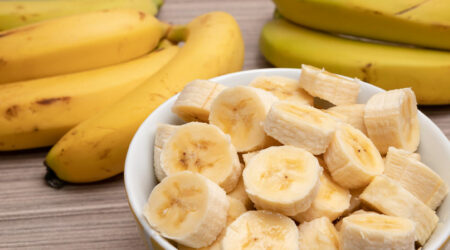
15 Tips for Relieving Severe Eczema Symptoms
Eczema is a condition where one’s skin develops rashes and rough, dry patches that are often itchy. Eczema is triggered by an immune system response to certain irritants. However, genes and environmental factors can also increase the risk of developing this skin disease. While the condition is not contagious, it does not have a permanent cure. Nevertheless, eczema symptoms can be managed by making a few lifestyle changes and using remedies and treatment options. Tips for managing eczema The main reason for an eczema flare-up is being exposed to certain allergens or irritants. So, recognizing and avoiding the triggers can help one manage their condition. Here are a few tips for managing skin disease: Consider switching laundry detergents Laundry detergents are usually loaded with strong chemicals that help clean the clothes and remove stains. However, these chemicals can be left behind on clothes, damaging the skin. So, if one is dealing with stubborn eczema symptoms that are not easily managed, they should consider changing the detergent and opting for milder alternatives. One should also consider rinsing the clothes with plain water after washing them with detergent to get rid of soap residue. This can help reduce the risk of skin irritation. Use ice packs Applying ice packs for 10 to 15 minutes twice daily can help reduce redness and inflammation. It can also help relieve skin irritation and redness. A cold compress can also prevent the worsening of eczema symptoms and stop the skin disease from spreading to other surfaces. Avoid hot showers People with skin diseases should consider showering with lukewarm water. This will help open the skin pores, getting rid of the dirt on the skin. This further helps in reducing skin infections by keeping the skin clean. However, avoid showering under warm water for more than 10 to 15 minutes as it may irritate the skin and lead to a burning sensation.
Read More 









